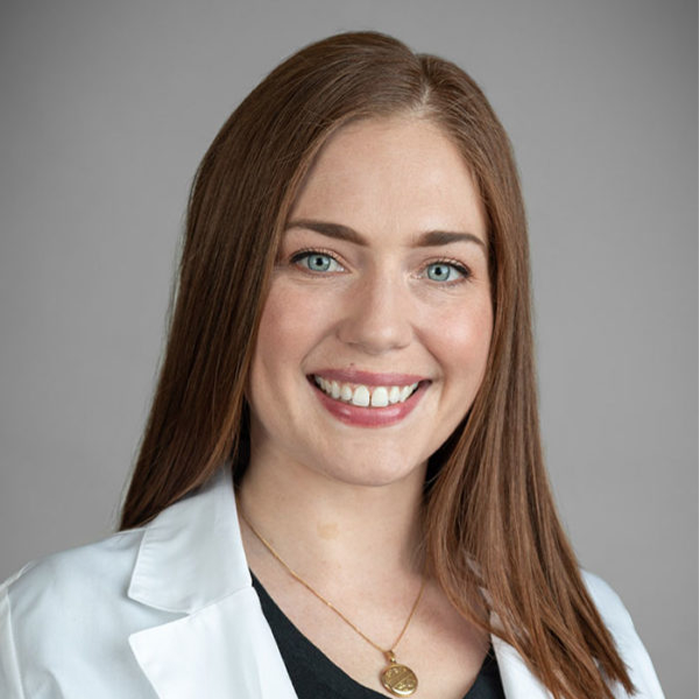Of all the changes your teenager might be experiencing, the changes to their skin can be front and center simply because they “face” the world every day with it. As a parent, you want to help them navigate through these changes as easily as possible. We asked a dermatology provider from Skin Cancer & Dermatology Institute, Sarah Gutierrez, PA-C, to answer some questions that can help address skin care issues your teen might have.
Q: Tell us about teen acne: what causes it, and how is it treated?
A: One of the major skin concerns at this age is acne, which often develops around adolescence for both females and males. Various factors such as hormonal changes, increased oil production, higher numbers of bacteria, and secondary inflammation lead to acne. This increased oil production and bacteria, along with dead skin cells, will clog pores and create blackheads and breakouts. Genetic factors often play a sizable role in the severity of a teen’s acne. A good thing to remember is that most acne is very treatable, but it can be overwhelming and difficult for teens and parents, given the sheer number of products marketed toward it. Some products out in the market may not be appropriate for your teen’s skin, making the situation worse. Treatments may involve benzoyl peroxide, salicylic acid, and retinoids. These may be used as single treatments or in combination. It is best to consult an experienced Dermatology Provider to help guide you and provide a treatment specific to your teen and their skin type.
Q: How can we determine the skin type of my teen?
A: Oily skin will often be shiny, sometimes with increased pore size. This skin type tends to tolerate OTC washes like benzoyl peroxide and salicylic acid without as many adverse drying effects. Dry but acne-prone skin can be more sensitive to acne treatments at times. Once a Dermatology Provider determines your teen’s skin type, they can help select products that will be best to care for your teen’s skin and any conditions they may encounter.
Q: Will multiple acne treatments be needed, and how long do the results last?
A: Acne treatment is generally long-term and requires consistency. In many cases, it can take 2 to 3 months to see results from a new acne treatment regimen. Try not to get discouraged! Generally, once acne is better, it is essential to continue the regimen to maintain results. Some teens will see their acne improve as they get older. However, some continue to have acne into adulthood.
Q: What other skin concerns are common amongst teens, and what treatment options are available?
A: Two other prevalent conditions that many teens notice are:
1. Rough and bumpy upper arms due to a condition known as keratosis pilaris or KP. It can also sometimes appear in other areas of the body, such as the thighs and cheeks. Creams with lactic acid and/or salicylic acid used daily to gently exfoliate and soften these areas are helpful. This condition often gets better into adulthood.
2. Flakey and sometimes itchy scalp which is often due to a condition called seborrheic dermatitis. Many cases can be controlled or improved with regular use of OTC shampoos such as Head & Shoulders®, Selsun Blue®, and Nizoral®.
Q: When should we schedule an appointment with a Dermatology Provider?
A: Regarding acne, it is generally better to consult a Provider sooner rather than later to establish a good routine and decrease the risk of scarring. A Dermatology Provider will work with you and your teen to customize a treatment plan. This may include prescription treatments that may be more effective for your teen than an OTC treatment.
Q: Which products are a must in a teen’s skin care routine, AM and PM?
A: A good skin care routine can be simple and uncomplicated. These three steps make for an excellent start. First, wash your face using a cleanser that fits your skin type. Do this absolutely every single night before going to bed. You can also use a cleanser in the morning, and it can be helpful after exercising. Apply a non-acnegenic moisturizer (it won’t clog your pores) after cleansing, even if you have oily skin. This can help protect your skin. Lastly, use sunscreen every day. If there are other skin conditions you are dealing with, such as acne, there may be a few additional steps your Dermatology Provider might suggest.
Q: How can I encourage my teen to use sunscreen daily? Any tips for getting my teen to carry sunscreen so they can reapply throughout the day?
A: Get a few recommendations from your Dermatology Provider, and then allow your teen to pick which one they want. This gives them more autonomy over their skin care, and they are more likely to enjoy using it and reapplying it.
Q: Should my teen be using makeup remover wipes? If not, what alternatives are recommended?
A: I do not recommend makeup remover wipes. They can often be quite harsh and irritating to the skin. Many cleansers are gentle and preferred to wipes while still very effective at removing makeup.
About the Dermatology Provider
Sarah Gutierrez, PA-C – Ms. Gutierrez specializes in Medical Dermatology at Skin Cancer & Dermatology’s Sparks location. She is a graduate of the University of Nevada, with a master’s in physician assistant studies from the University of Arizona. Dermatology is her passion, and she is glad to provide quality care to those who need it in her community. You can book an appointment online.
Originally published “Skin Care for Teens- Things You and Your Teen Should Know”
(Oct 7, 2022) Sierra Sun


